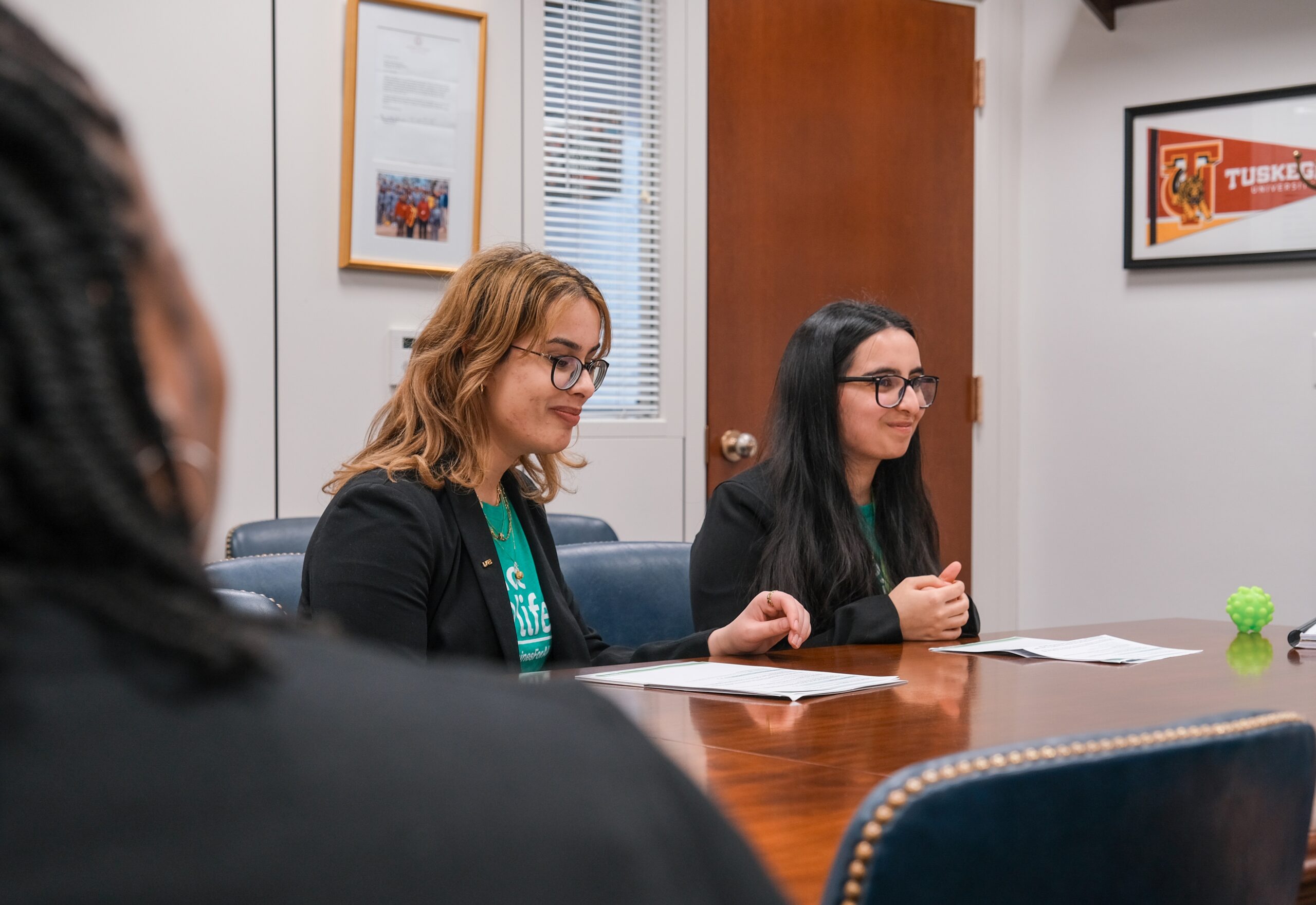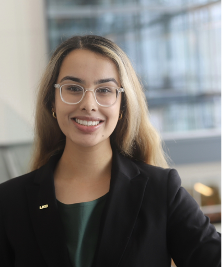Vaccines: The Best Investment to Save Lives
Investing in vaccine programs creates immeasurable returns—from economic prosperity to decreased mortality rates. In this blog, Wajiha Mekki delves into immunization's return on investment and the advocacy efforts needed to get there.

We all like to seek ways to get the best return on our investments—especially in finances and healthcare. In public health, it is primarily seen through the initial investment in preventative methods like vaccines and disease research that reduce the need for more aggressive response interventions later on. However, the recent cuts to global vaccine development have left us vulnerable globally.
The Cost of Current Cuts
The United States has been a staunch supporter of global public health over the past few decades. This support has ranged from infrastructure support to global vaccinations. For the latter, efforts have been mobilized through child health activities at USAID and CDC initiatives funded with earmarks for polio and measles. In 2024 alone, the United States spent around US$12 billion on global health; since 2000, the mortality rate from malaria has been cut in half, while deaths from measles have declined by 87% from 1 million to about 100,000.
Despite these successes, the global health landscape in 2025 is increasingly vulnerable in the face of federal cuts. Just last month, the CDC saw a 25% reduction in staff and a 35% reduction in contracts. A variety of individuals were let go, ranging from epidemiologists to physicians who were working to make healthcare more equitable across the world.

These significant cuts have not only limited the workforce investing time and energy into the prevention of the next pandemic, but also our ability to play a role as a leader in global health.
Ongoing administrative cuts and proposed investment cuts create a dangerous situation. Global vaccine programs—and advocacy efforts to ensure they’re funded—are robust, high-return investments, not just another line item that can be reduced.
Why Global Vaccine Investments Matter
Vaccines save lives and money. They are integral for improving livelihoods. And beyond that, immunization programs around the globe help prevent outbreaks, strengthen global health security, and prevent the onset of other diseases.
Alongside these lifesaving benefits, vaccination investments create financial returns. For routine vaccine programs, per US$1 invested, there is around a US$52 return in low—and middle-income countries; this significant outcome further bolsters a unique method of making our world healthier world and more prosperous with little upfront cost.
These investments result in long-term savings later on in a variety of spaces. As vaccines have been noted to save over 4 million lives from 14 different diseases every year, their development and implementation help to reduce future outbreaks. Many outbreaks are costly, resulting in countries and communities spending millions to protect their citizens. A recent example of this has been the dangerous comeback of measles. Since 2021, there has been an increase in cases, with 10.3 million in 2023 alone. This number has continued to rise not only in the United States but across the world. With current cuts, being unable to address the rising number of measles cases across the world results in increased pockets of vulnerability.
Beyond vaccine-preventable disease support, immunizations support global efforts to reduce other illnesses, like cancer. For example, increased HPV vaccine coverage has improved cervical cancer outcomes, making progress toward reducing cervical cancer due to HR HPV. This demonstrates the overarching impact of vaccinations on the global stage.
An Investment in Vaccines is an Investment in Security
Disease prevention goes hand in hand with political and economic stability. As health systems become stronger, healthcare costs are reduced, which improves healthcare outcomes and workforce health, allowing for an overall boost in human capital. Strengthening public health allows us to be safe in a globalized world—and being safe from global threats worldwide means a the reduction in external factors that can disrupt American lives. As we saw with the COVID-19 pandemic, diseases can cross borders within a matter of hours, putting national security on the line and disrupting the health, lives, and economic well-being of all Americans. What happened with COVID-19 can occur with any infectious disease, further strengthening the need to increase investments in vaccinations.
Advocacy: The Answer for Change
The most significant part of the challenge is beginning the conversation around how we can support global immunizations. One of the best ways to do so is through advocacy. Being an advocate can be as large or as small a feat as one may wish. In any case, advocacy motivates key actors to step up to the plate and as leaders in global immunization. With advocacy efforts ranging from education to congressional engagement on increasing pledges for entities like Gavi and the Vaccine Alliance, there is a way for anyone to get involved. Organizations like Shot@Life are integral in supporting grassroots efforts to influence policy and secure federal funding, ensuring that all programs are sustainable in the long term.

Investing in a Healthier Future
Becoming an advocate is one of the best ways to streamline investments into global immunizations, saving millions of lives worldwide. By becoming an advocate, you can push for increasing funding for global vaccine programs, allowing them to expand their social and economic impacts. By pushing for change and longevity in global vaccination programs, not only would we see a direct return of our investment in health outcomes, but we would also see it in economic stability and international security. When working with organizations like Shot@Life to become an integral voice in these advocacy efforts, not only will every minute of your time have a positive yield, but it will also have a global return, impacting millions of lives.

